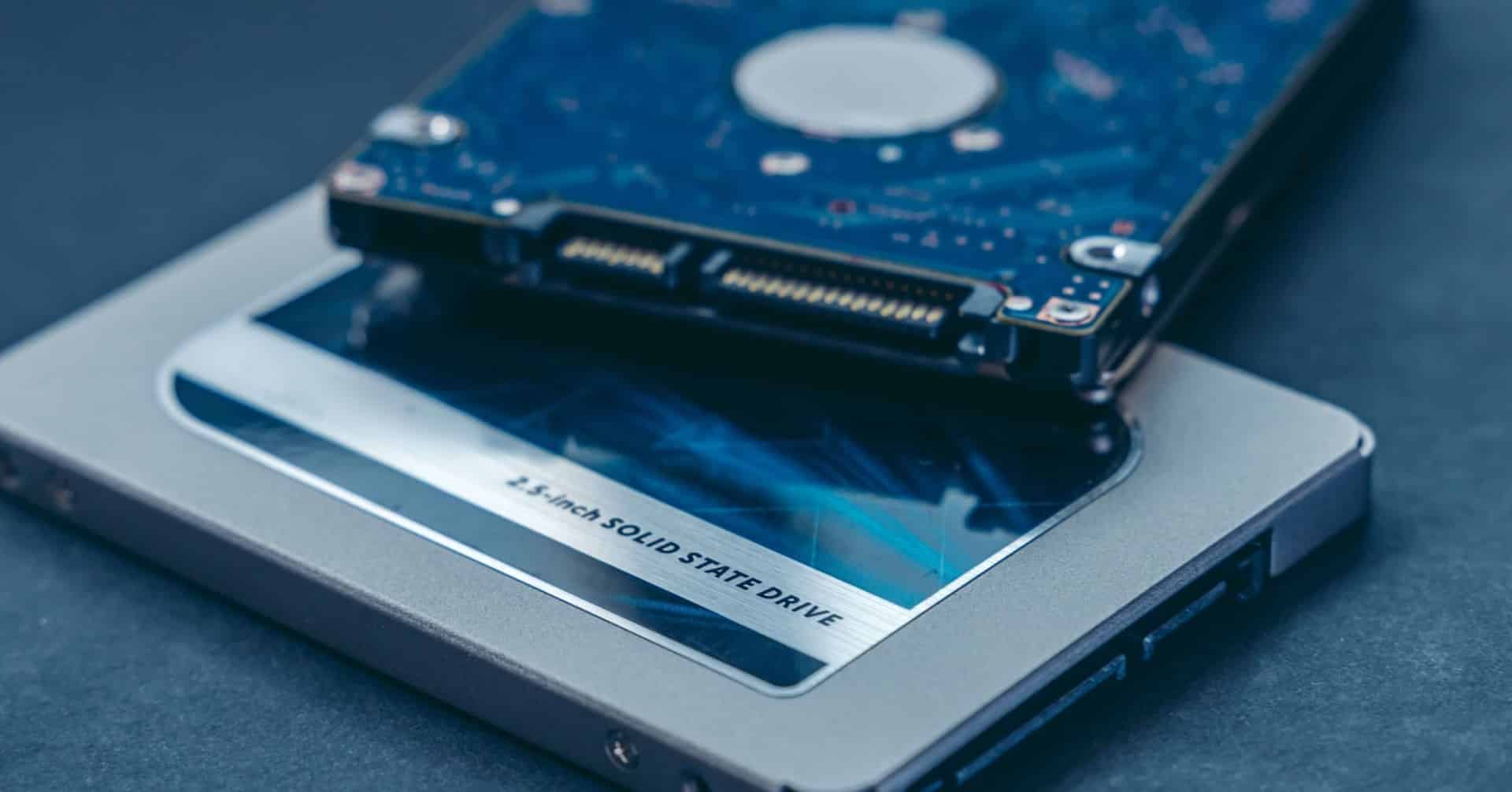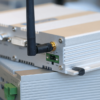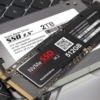The Federal Information Processing Standard (FIPS) is a set of standards and guidelines published by the National Institute of Standards and Technology (NIST). The standard sets out security requirements for cryptographic modules to be used in computers employed by the U.S. government.
FIPS 140-2 and FIPS 140-3 standards describe the encryption algorithm and hardware required to implement an encrypted disk drive for use in federal agencies, government applications (including military), intelligence community personnel, or any other entity subject to NIST’s regulations.
Protect Your Data with Secure Self-Encrypting Drives
Keeping your data safe is critical for your business or agency. It must be kept secure from hackers who may steal valuable information that can lead them to create fraudulent documents or worse.
A self-encrypting drive provides a convenient way to keep your most important files and folders protected against these threats. Even when your drives are lost, stolen, or misplaced, your sensitive data remains safe.
Many organizations demand that data stored at rest be encrypted to prevent loss or theft. A lot of companies do this internally using their encryption software, but find it difficult to manage employee access to the disks containing the company’s confidential data.
FIPS 140-2/140-3 validation is viewed as a mark of physical security and quality. This approval means that the drive meets extensive government standards and provides critical security parameters for protecting your organization’s data.
Solid-state drives (SSDs) validated as FIPS 140-2/140-3 compliant can meet the strict specifications of the federal government. They protect your data with 256 bit Advanced Encryption Standard (AES) hardware-based encryption along with 128 and 192 bit Blowfish cipher algorithms. These highly advanced ciphers protect at the chip level so that no one – not even the manufacturer – can determine the contents of the data.
How Does It Work?
The self-encrypting drive provides two aspects of protection: Access Control and Encryption.
Access control lets you limit access to any particular file by assigning different rights and permissions to specific users within your organization.
To protect against physical attacks, such as tampering, encryption secures the data on the hard drive and prevents unauthorized people from accessing it. Every SSD has its own encryption key. These keys are encrypted with dedicated key encryption derived from the access control password. The SSD never stores a copy of a user’s password by design. If a bad actor steals a laptop protected in this way, all they get is just the hardware. The company’s secrets are still protected.
FIPS 140-2/-3 with Accelerated Memory
The high-performance self-encrypting solid-state drives (SSDs) have been designed to meet the highest level of security compliance as defined by NIST. These drives come preloaded with an AES 256-bit encryption engine, the most commonly used advanced cryptography algorithm in today’s commercial market.
Accelerated Memory Production, Inc. offers a complete line of FIPS-certified cryptographic modules. The Cryptographic Module Validation Program (CMVP) verifies cryptographic modules based on Federal Information Processing Standards Publication 140-2 and 140-3.
Our SSD series are FIPS-compliant devices manufactured according to strict quality-control procedures outlined in FIPS publications. The FIPS 140-2/- 3 certification means that our products are subjected to rigorous testing and verification before being released for sale, ensuring that end-users receive only high-quality, reliable, trustworthy, and safe storage solutions.
If you want to learn more about our FIPS-certified products, please contact us or read more here.











